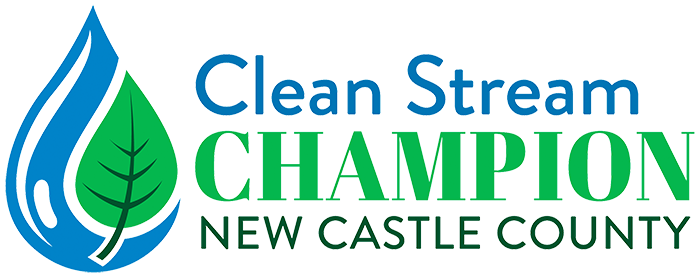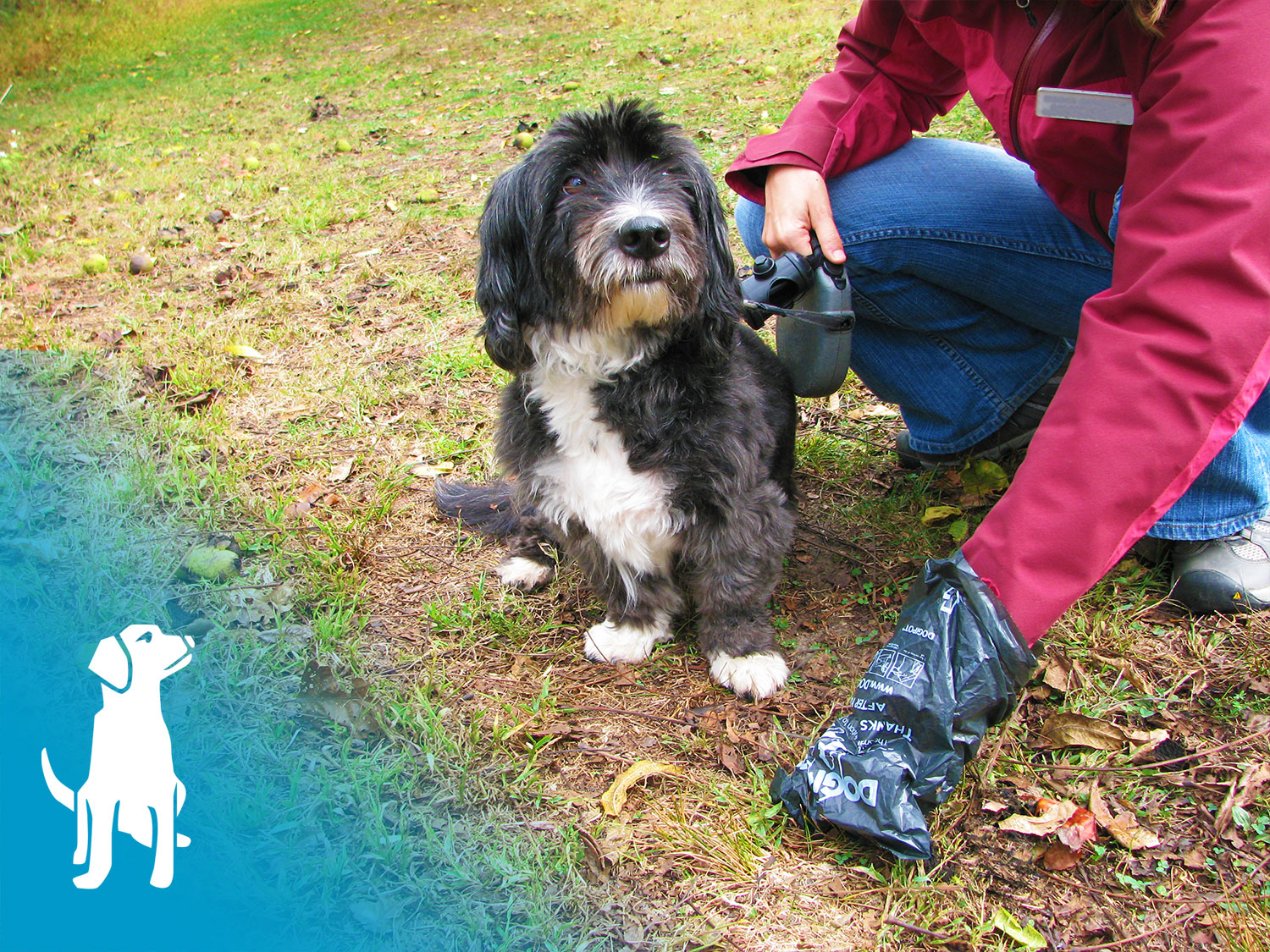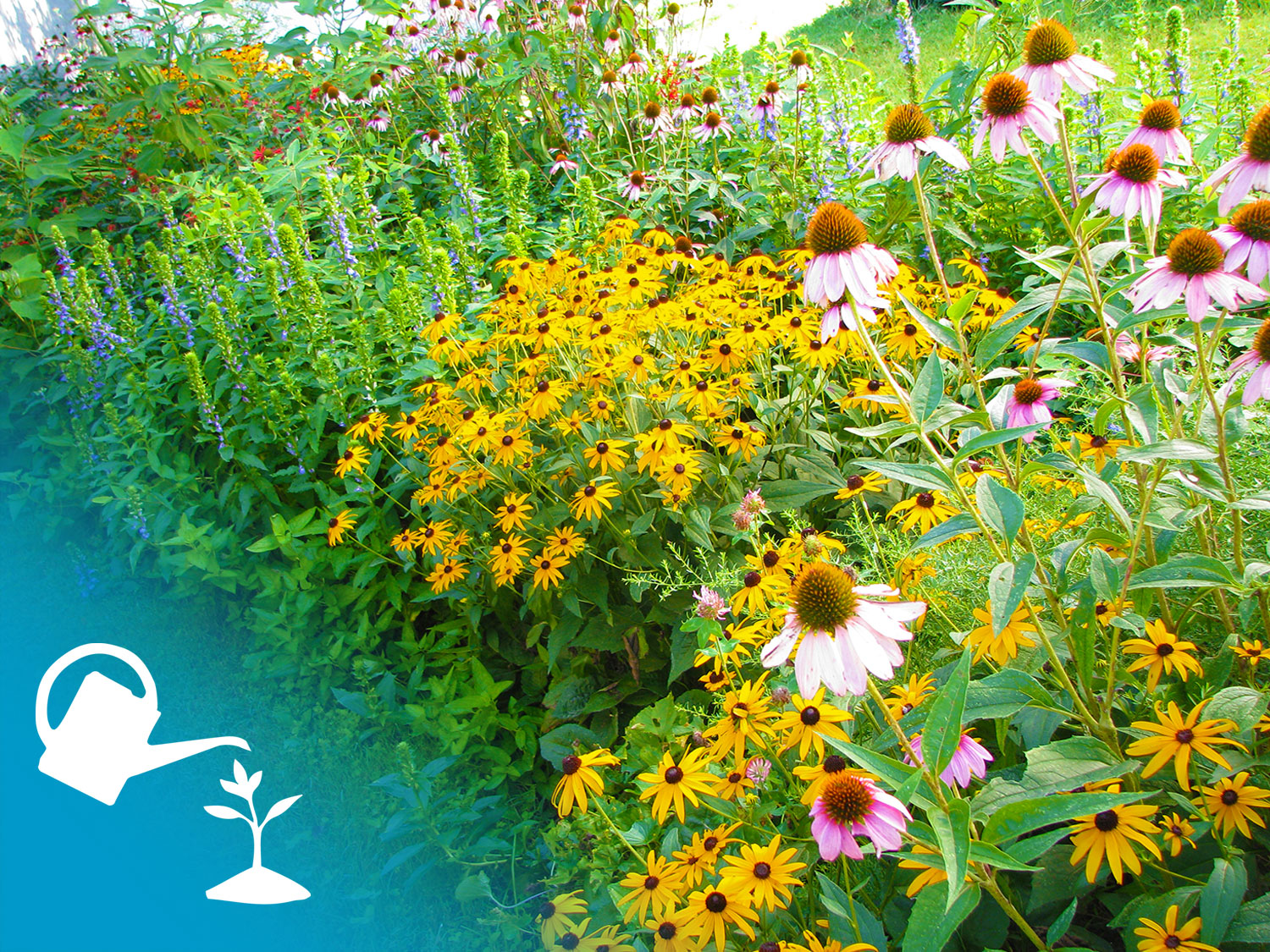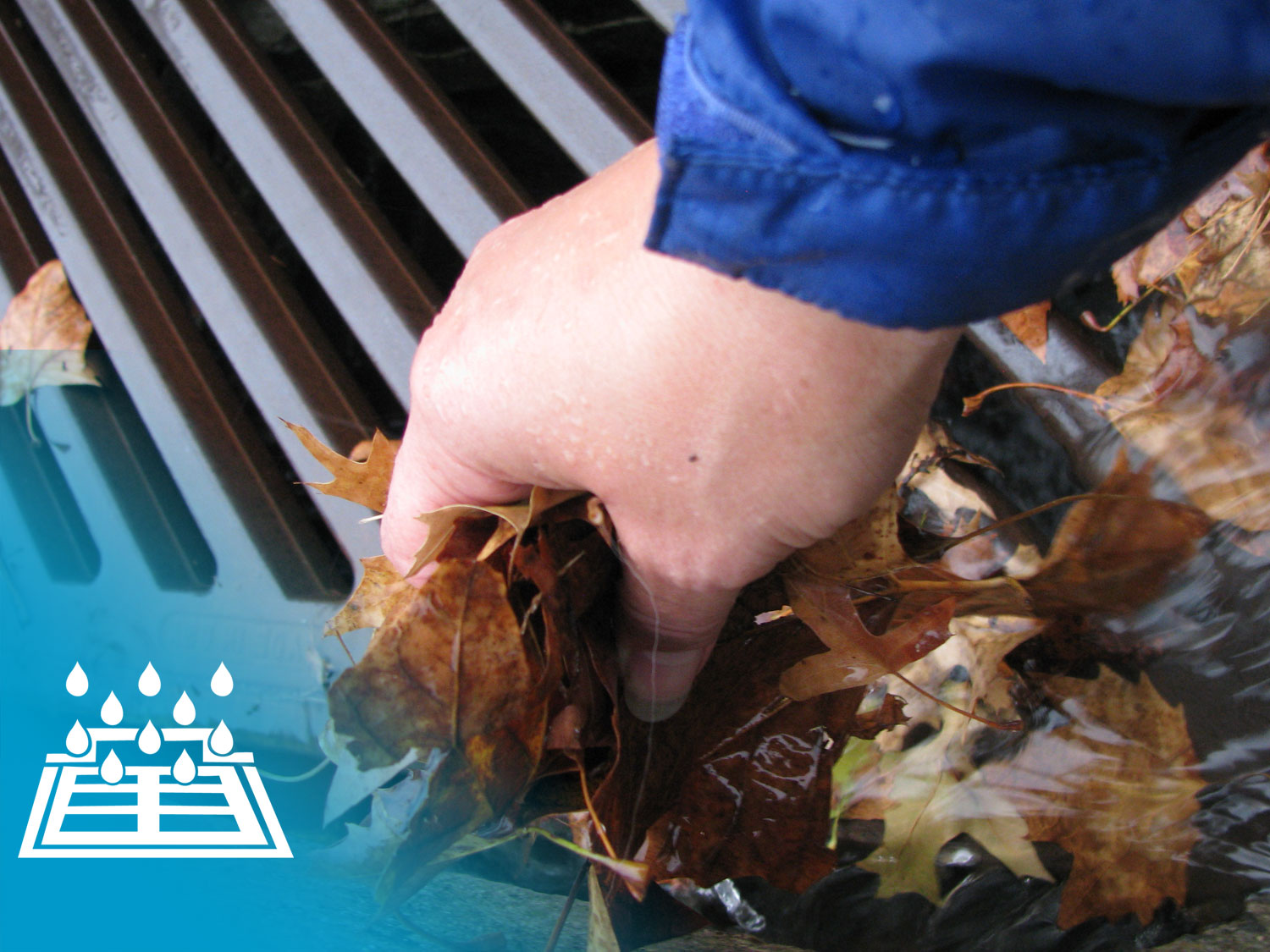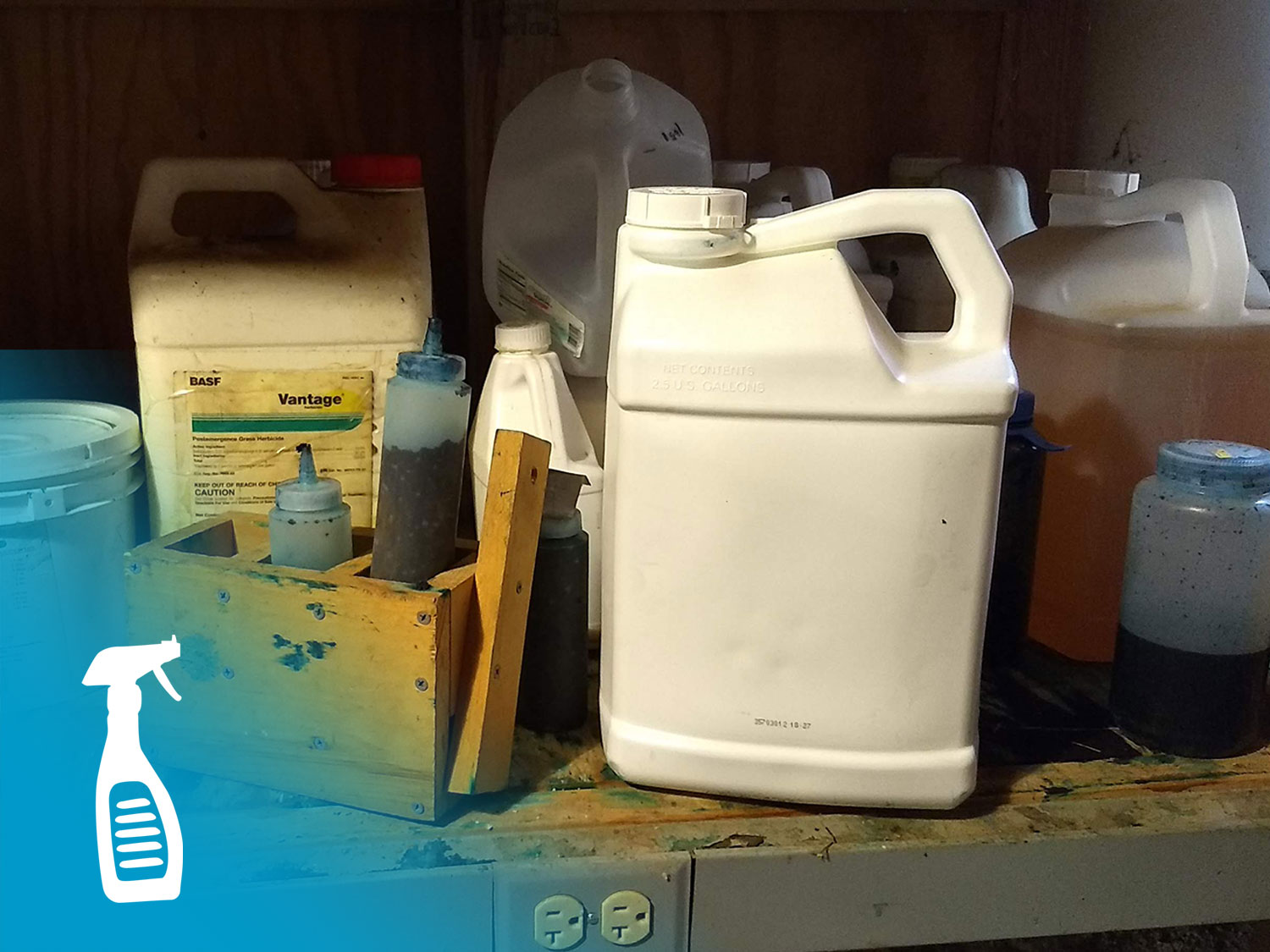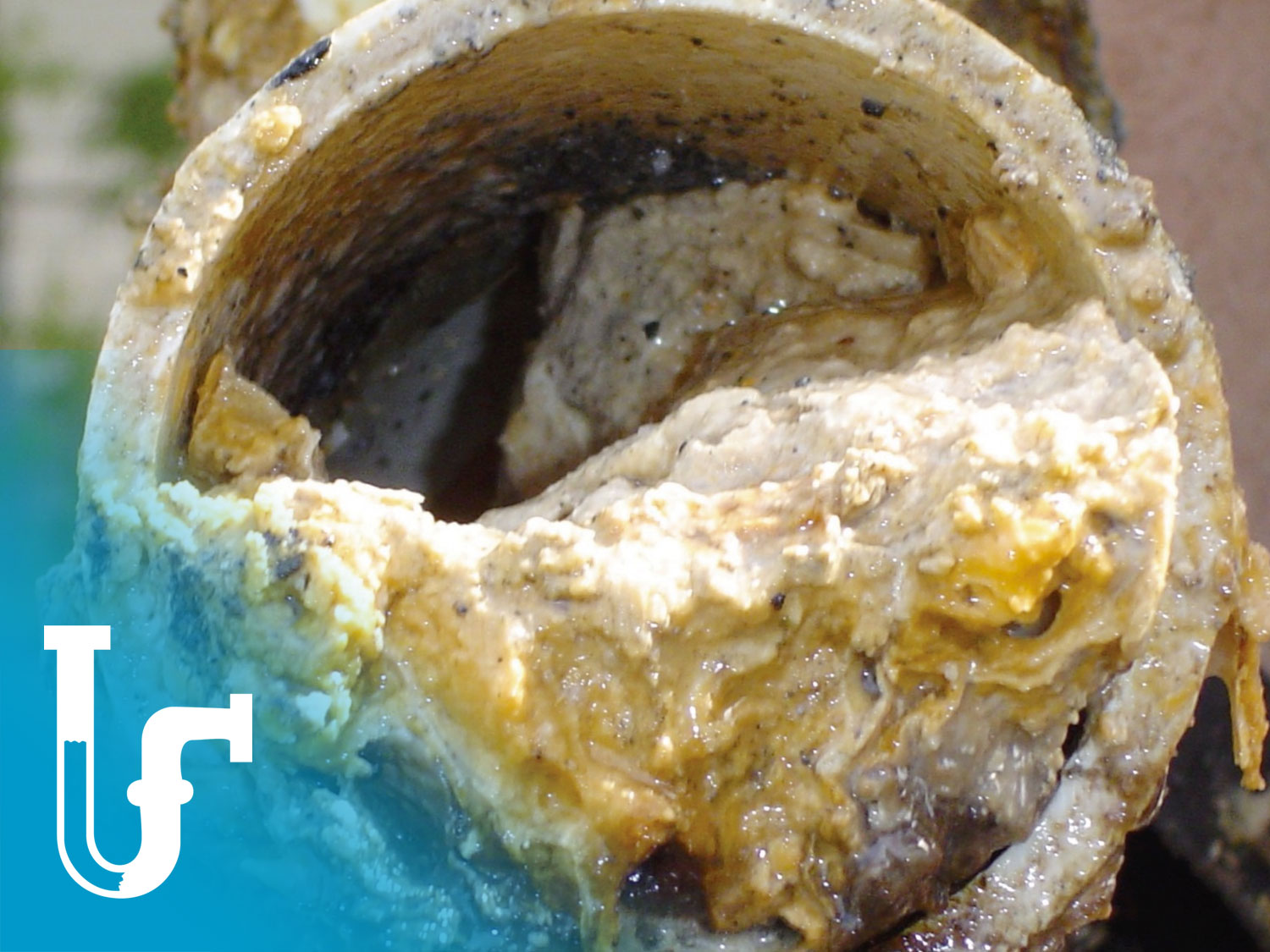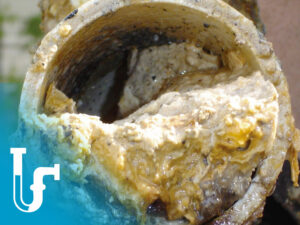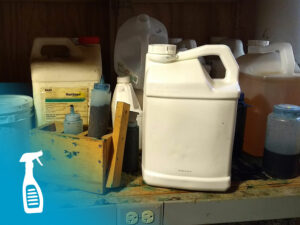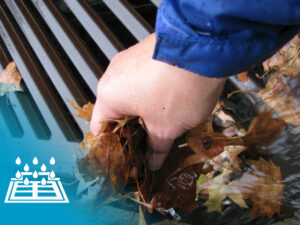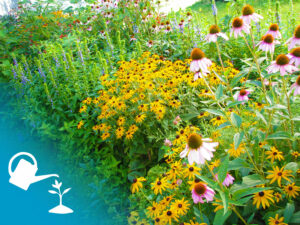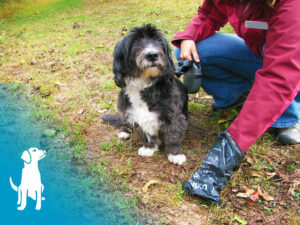What you can do:
- Scoop the poop: Every time. Use bio-degradable bags or re-use old plastic bags and dispose of it in the trash.
- Keep your poop bags handy: Near your dog leash, by the door, or in your car.
- Scoop before it rains: Don’t wait.
If you don’t have a dog, you can still make a difference:
- If you have your own septic system: Pump your tank at least every three years.
- Prevent extra poop: Avoid feeding ducks or geese. Feeding discourages migration and when birds don’t migrate, their poop becomes an all-year problem.
* Estimate based on 34% of households owning 1.6 dogs (American Veterinary Medical Assoc) x 200,000 NCC households (US Census 2013-17) x .75 lbs waste/dog
